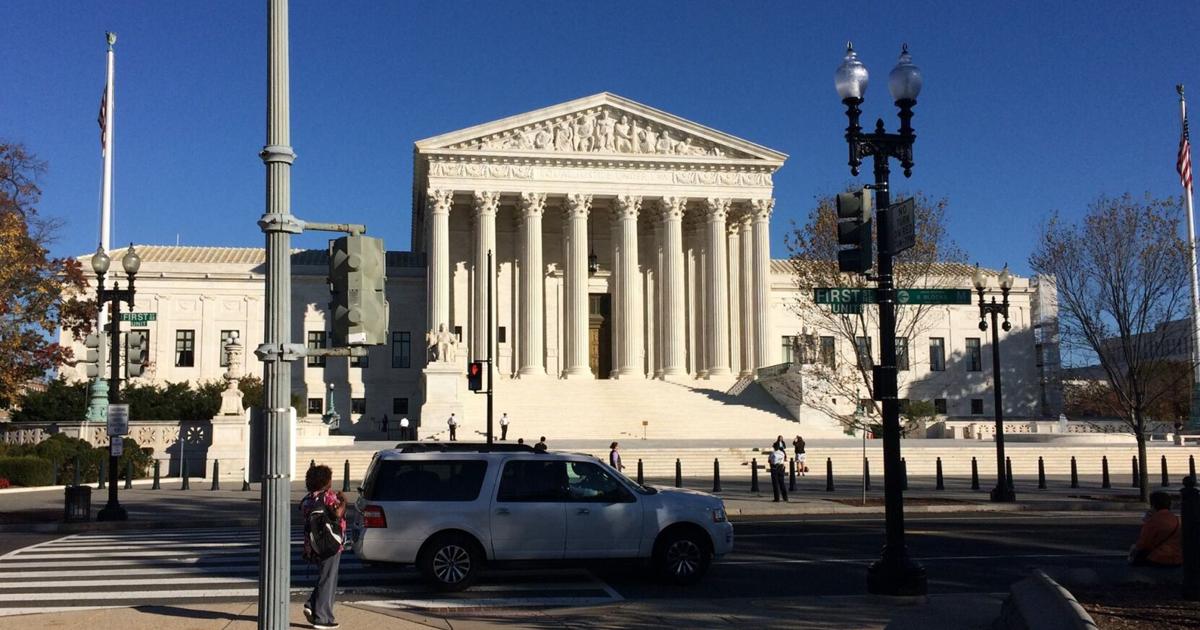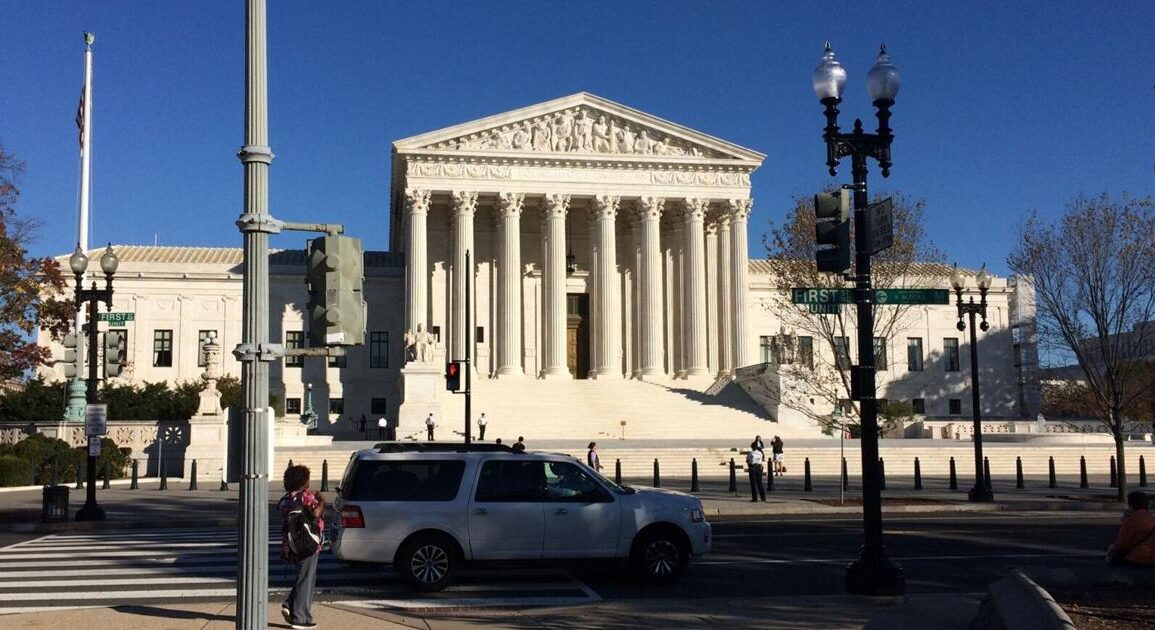
Oklahoma City — Oklahoma Council of Public Affairs President Jonathan Small issued a statement on Monday, August 7, in response to the U.S. Supreme Court’s recent action in the Justin Hooper v. City of Tulsa case, which will determine if all Oklahomans have to obey local traffic laws and regulations.
“It is welcome news that the U.S. Supreme Court has affirmed that Tulsa and other cities in eastern Oklahoma still have the right to enforce local laws, regardless of a citizen’s racial status, as this case continues to wind through the court system,” Small said.
“The U.S. Supreme Court’s action also allows state officials the chance to advance important arguments in court that are based on Oklahoma’s state sovereignty as re-affirmed by other court decisions.”
On Aug. 13, 2018, Justin Hooper was issued a $150 traffic citation by the City of Tulsa. Hooper paid the fine, but later claimed he was exempt from city enforcement of its traffic laws because he is a member of the Choctaw Nation and Tulsa lies within the historic reservation boundaries of the Muscogee (Creek) Nation. A 2020 ruling by the U.S. Supreme Court, “McGirt v. Oklahoma,” held that the Muscogee reservation was never formally disestablished.
Tulsa argued it still had jurisdiction over Indian inhabitants under the federal Curtis Act of 1898, and a municipal court and district court both agreed with Tulsa in prior rulings. But the U.S. Court of Appeals for the Tenth Circuit disagreed, ruling that Tulsa city law enforcement cannot arrest or fine American Indians for violations of city ordinances.
(https://www.ca10.uscourts.gov/sites/ca10/files/opinions/010110879822.pdf )
Following the U.S. Court of Appeals for the Tenth Circuit decision, the case was remanded to district court for further proceedings.
The City of Tulsa requested that the U.S. Supreme Court issue a stay of the Tenth Circuit ruling. The U.S. Supreme Court declined to issue a stay. U.S. Supreme Court Justices Brett Kavanaugh and Samuel Alito noted in the denial of the application for stay that “nothing in the decision of the Court of Appeals prohibits the City from continuing to enforce its municipal laws against all persons, including Indians, as the litigation progresses.” (Emphasis Added.)
(https://oklahoma.gov/content/dam/ok/en/governor/documents/23a73_gfbi.pdf )
The justices’ denial also noted that additional legal arguments may now be raised and considered by lower courts, pointing specifically to legal arguments presented by the state of Oklahoma via an amicus curiae brief in the case.
Editor’s Note: This report previously appeared at the website of the Oklahoma Council of Public Affairs, here: https://ocpathink.org/post/press-release/ocpa-statement-on-u-s-supreme-court-action-in-hooper-case . It is reposted here, with permission.
This post was originally published on this site be sure to check out more of their content.







